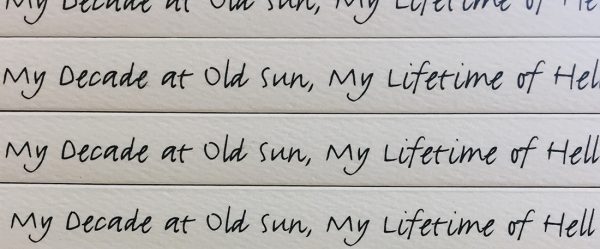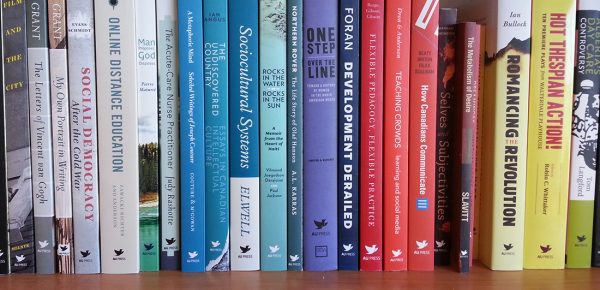Athabasca University Press has been giving books away for free for over ten years. In 2007, we took advantage of the internet to disrupt traditional publishing systems and break down barriers to knowledge. If you’re not familiar with an open access publishing model, it means that we make all of our books freely accessible to download from our website. It’s not dissimilar to the idea behind libraries—a sharing economy of sorts—except you never have to return these books.
Scholarly publishing is experiencing some growing pains. While there are differing opinions on whether university presses are in crisis or not, we can all agree that things are changing. Print sales are down, the monograph is in decline, and library budgets are being slashed alongside our own university press budgets. The opportunities appear to be narrowing and while we mourn the loss of some of those pillars of publishing, open access allows us to think about what’s ahead.
Open access and the internet go hand in hand. The digital age has created—for better and sometimes for worse—a worldwide community where the sharing of information is easy, fast, and free. Jacob Foster, assistant professor of sociology at UCLA, writes that new social media technologies have “radically increased the speed with which individuals can find, share, and generate content. As the key adjective ‘social’ suggests, much of this activity is collective, relying on a dramatic increase in both interconnection and interaction” (Foster 2015). It’s the ideas of interconnectivity and interaction that have become crucial to the way we think about our readers. For us, open access is not just a free PDF download on our website, it’s an idea with endless possibilities for sharing knowledge communicating information.
We have spent some time talking about the truth behind open access publishing and how we do it, so now it seems appropriate to talk about what this publishing model has allowed us to do and what enormous potential there exists to build community and to create enriched and interactive content.
Community
In June 2016, Truth and Reconciliation Commissioner Marie Wilson spoke to the Association of Canadian Publishers about how publishers could get involved in the work of reconciliation. She emphasized the power of survivor stories and the importance of respecting individual voices, no matter how raw. Her words reaffirmed our commitment to reach a larger audience for My Decade at Old Sun, My Lifetime of Hell by Arthur Bear Chief, the residential school memoir we had recently published. When Arthur was interviewed by Windspeaker after the publication of his book, he said that he wanted the public to know what he and others had experienced but he also felt compelled to tell the story of those who had died or who were unable to speak for themselves.
In response to Marie Wilson’s words and in an effort to connect with our home community of Edmonton, we pitched the idea of a citywide reconciliation book club to a grassroots organization committed to reconciliation in Edmonton. The group, Reconciliation in Solidarity Edmonton—RISE, was more than receptive to the idea as it built on their previous commitment to reading the entire Truth and Reconciliation Commission’s Final Report. The book club first featured My Decade at Old Sun, My Lifetime of Hell and to facilitate conversation, we designed and built a fully interactive reading platform where because of our open access mandate, we were able to post the entire book online and add a commenting feature for readers to add their thoughts at the sentence level. The response was overwhelmingly positive. The book club is now reading their seventh book together and the community continues to build awareness and gather allies in the work of reconciliation.
Enriched
Privacy has become a major concern in the past few years with the collection and commercialization of personal data by organizations and politicians. When the authors of Transparent Lives: Surveillance in Canada approached us, they told us that they wanted to make surveillance processes more visible and stimulate action toward greater accountability within organizations. Their goal at the end of a seven-year research project was to clarify social consequences of surveillance for institutions and for ordinary people. The book and its accompanying web forum is an example of how open access is able to meet readers where they are. Due to the evolving nature of digital media, the book needed to be enriched with additional resources, the latest news stories, and updates. Not only did the authors get a printed book and an ebook, the entire book was integrated on their custom website, surveillanceincanada.org.
Issues of sustainability are top of mind for officials at public institutions and governments. But how does an institution develop policies and then integrate them into their procedures and how does government establish initiatives that reflect a community’s values? Lorelei Hanson and the contributors to Public Deliberation on Climate Change argue that public deliberation is one of the most effective tools for advancing conversations on difficult issues and informing decision makers about possible paths forward. Their book is a valuable guidebook that details the successes and lessons learned during Alberta Climate Dialogue (ABCD), a five year multidisciplinary, community-university research project that drew together scholars, practitioners, citizens, civil society members, and government officials from across Alberta at four public deliberations.
Many resources were consulted during the public deliberation process and the ABCD website gathers these in a useful format alongside chapters from the book. The “access” part of open access doesn’t just have to do with free things, it’s also about accessible language and making sure the work being done by academics finds its way to the public.
Interactive
Learning is an inherently social process but reading tends to be done in isolation. In order to remedy this conundrum for a book about the social aspect of learning, Jon Dron and Terry Anderson, authors of Teaching Crowds: Learning and Social Media, created a website where the open access book could live and be commented on. The website acts as its own social platform. Dron and Anderson argue that “processes of meaning-making, integrating new information, and creating knowledge are not only enhanced and stimulated through reaction, discussion, and argument with others but also much knowledge confirmation, interpretation, contextualization, and validation happens only through interaction with others.” These authors wanted to make sure they took their own advice.
Conclusion
Ten years later, open access is gaining traction and more university presses are considering the goal of making knowledge more accessible. We have seen our books travel around the globe via the internet, contribute knowledge to communities of readers, and document important research. Open access allows us to re-envision the book and what it can do. It’s clear that the book is here to stay—in print and other formats and in all of its long form glory—but the digital age allows us to ask whether there are ways to make this content more engaging and more accessible to a broader audience. In ten years, this “experiment” of open access has provided us with valuable information about what our readers want and what works for scholars and what doesn’t. Not everything has been a success and there are still many gaps that we would like to fill—greater accessibility for readers with disabilities for example. And so, we continue to innovate and reimagine the endless possibilities.
More open access posts you may like:
The Truth about Open Access Publishing
Foster, Jacob G. 2015. “The Eye of the Swarm: Collective Intelligence and the Public Intellectual.” In Speaking Power to Truth: Digital Discourse and the Public Intellectual edited by Michael Keren and Richard Hawkins. Edmonton: Athabasca University Press.

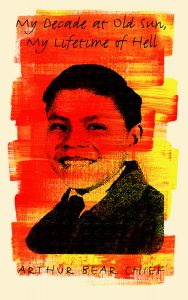 www.risebookclub.ca
www.risebookclub.ca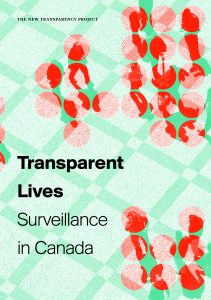
 www.albertaclimatedialogue.ca
www.albertaclimatedialogue.ca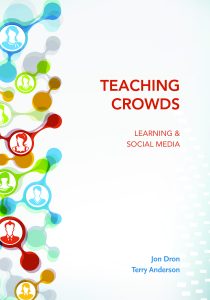 https://teachingcrowds.ca/
https://teachingcrowds.ca/